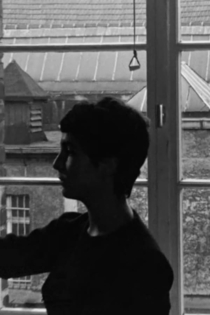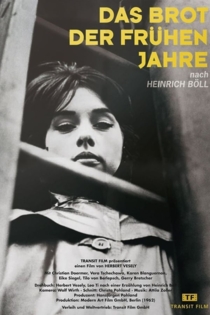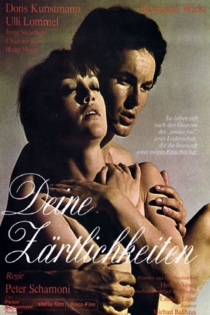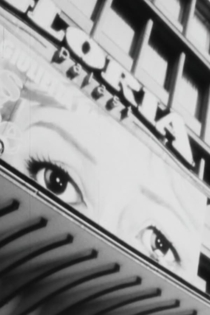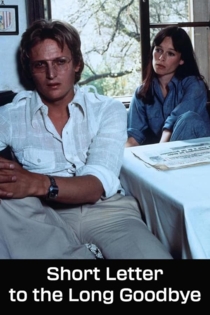
Herbert Vesely
1931 - 2002Bend Sinister
Herbert Vesely
Helmut Käutner, Peter Lühr
In a fictitious European city known as Padukgrad, where a government arises following the rise of a philosophy known as "Ekwilism", which discourages the idea of anyone being different from anyone else, and promotes the state as the prominent good in society.
Bend Sinister

Nicht mehr fliehen
Herbert Vesely
Judith Folda, Xenia Hagman
One of the more important European avant-garde films of the post-war period, this feature-length work offered a devastating comment on the mid-century European mood. A macabre landscape of impotence and absurdity, peopled by ambiguous travellers, finally explodes into senseless violence.
Fleeing No More
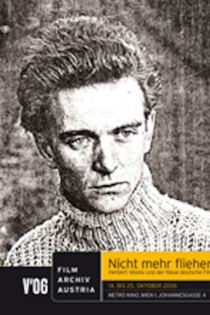
Menschen im Espresso
Herbert Vesely
Enno Patalas, Herbert Vesely
Vesely’s study on changing urbanity claims that "the Espresso has a democratic touch." Italy has expanded into Munich and instead of beer hall cellars, there are Cappuccinos, ice creams and tables in the open.
People at the Espresso Bar
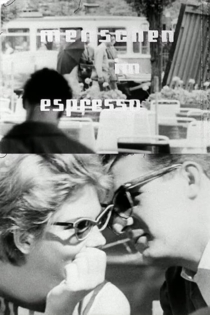
Egon Schiele: Excess and Punishment
Herbert Vesely
Mathieu Carrière, Jane Birkin
In 1912, in Austria, the painter Egon Schiele is sent to jail accused of pornography with the nymphet Tatjana in his erotic paints. His mate, the model Vally, gets help from a famous lawyer to release him. Then he leaves Vally, marries with another woman and goes to the war.
Egon Schiele: Excess and Punishment
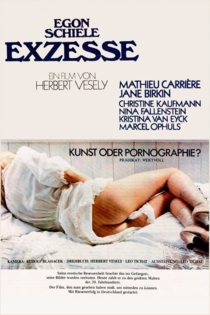
Und die Kinder spielen so gern Soldaten
Herbert Vesely
And the children love to play soldiers. This 10-minute anti-war film lost to posterity was a very loose adaptation of Franz Kafka's short story In the Penal Colony. Vesely presents the execution of a prisoner of war as a serial event that happens over and over again, ad nauseum. As of this project, Tichat worked as set designer and occasional co-author for Vesely, here also appearing in front of the camera as an actor together with H.C. Artmann. Gerhard Ruhm contributed his Musique concrete to the soundtrack.
Und die Kinder spielen so gern Soldaten

